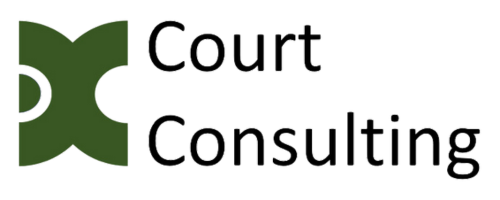
Building Resilience & Communication Strategies for Healthcare Providers
In the ever-demanding and often high-stress landscape of healthcare, the role of career coaching and mentoring has emerged as a vital support system. With a diverse background, encompassing medicine, law, mediation, and conflict management, I bring a unique perspective to this domain. By leveraging the expertise in organizational and systems resilience, I offer interactive workshops to healthcare institutions, as well as one-on-one mentoring and coaching sessions for individual practitioners.
Career Coaching & Mentoring

Experts skilled in fields like medicine and law offer essential guidance in resolving conflicts. With a diverse background, I facilitate constructive dialogues, equipping individuals and organizations with communication tools for lasting solutions.
By employing proven strategies and techniques, I can guide parties through constructive dialogue, fostering understanding and collaboration.
Mediation & Conflict Management Coaching
Alternative Dispute Resolution (ADR) presents a flexible and efficient approach to resolving conflicts outside traditional legal processes. By employing methods such as mediation, arbitration, and negotiation, I can provide tailored solutions that prioritize collaboration and compromise. This approach not only expedites dispute resolution but also promotes more amicable and mutually satisfactory outcomes for all parties involved.
Alternative Dispute Resolution
“Dr Court has helped me navigate the ups and downs of medical training, and left me well positioned to start my specialist career, employing many of the practical skills I have learned by his example.”
Healthcare environments are high demand and stressful, where one’s personal resilience is frequently challenged. From many years of healthcare leadership, and as an advisor in a professional indemnity organisation, it has been apparent to me that it is professionals who work in supportive environments, in safe and resilient organisations, who are best enabled to provide safe care and in themselves feel safe and rewarded. Self-care is an important part of that.
As health professionals, what makes us feel good at the end of a working day is the belief that we have provided ‘good’ care and have a sense that such care has been appreciated; by our patients, the colleagues we work with, and the organisations in which we work. Our feelings as to what constitutes ‘good’ will probably include that we provided safe care with humanity.



